
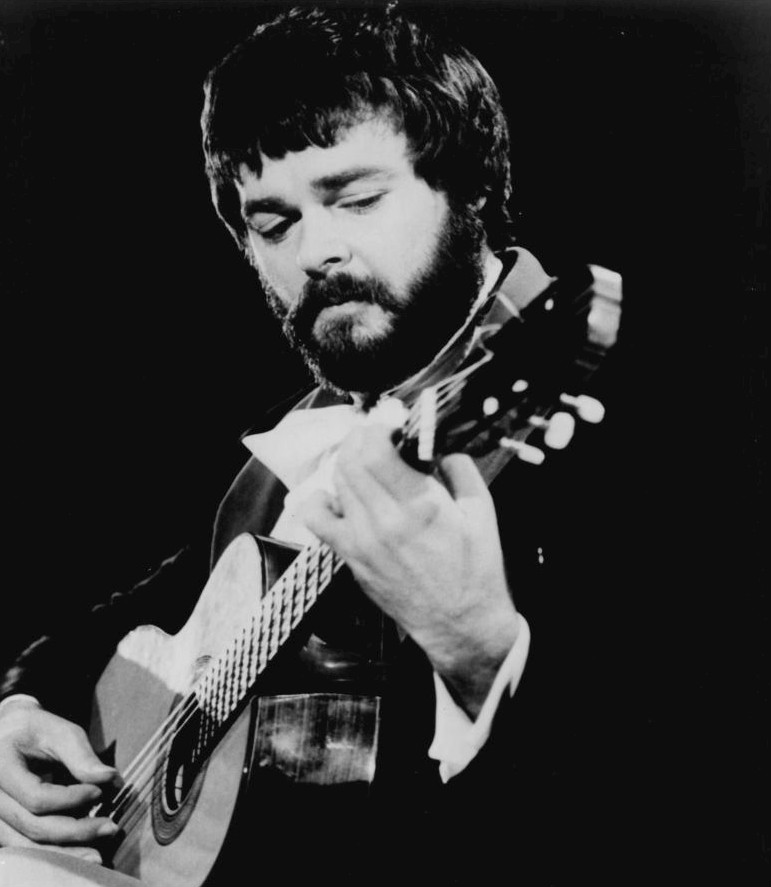






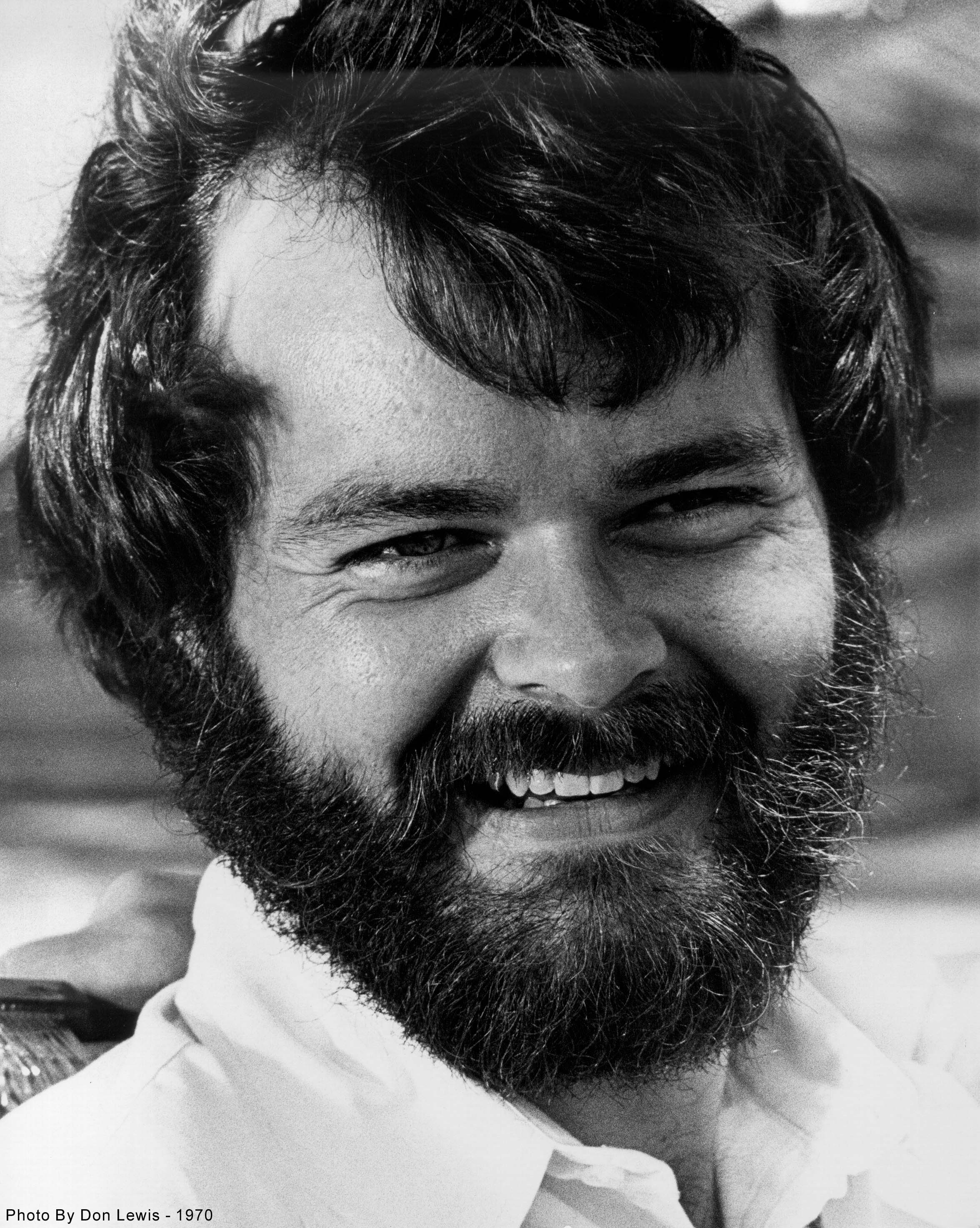


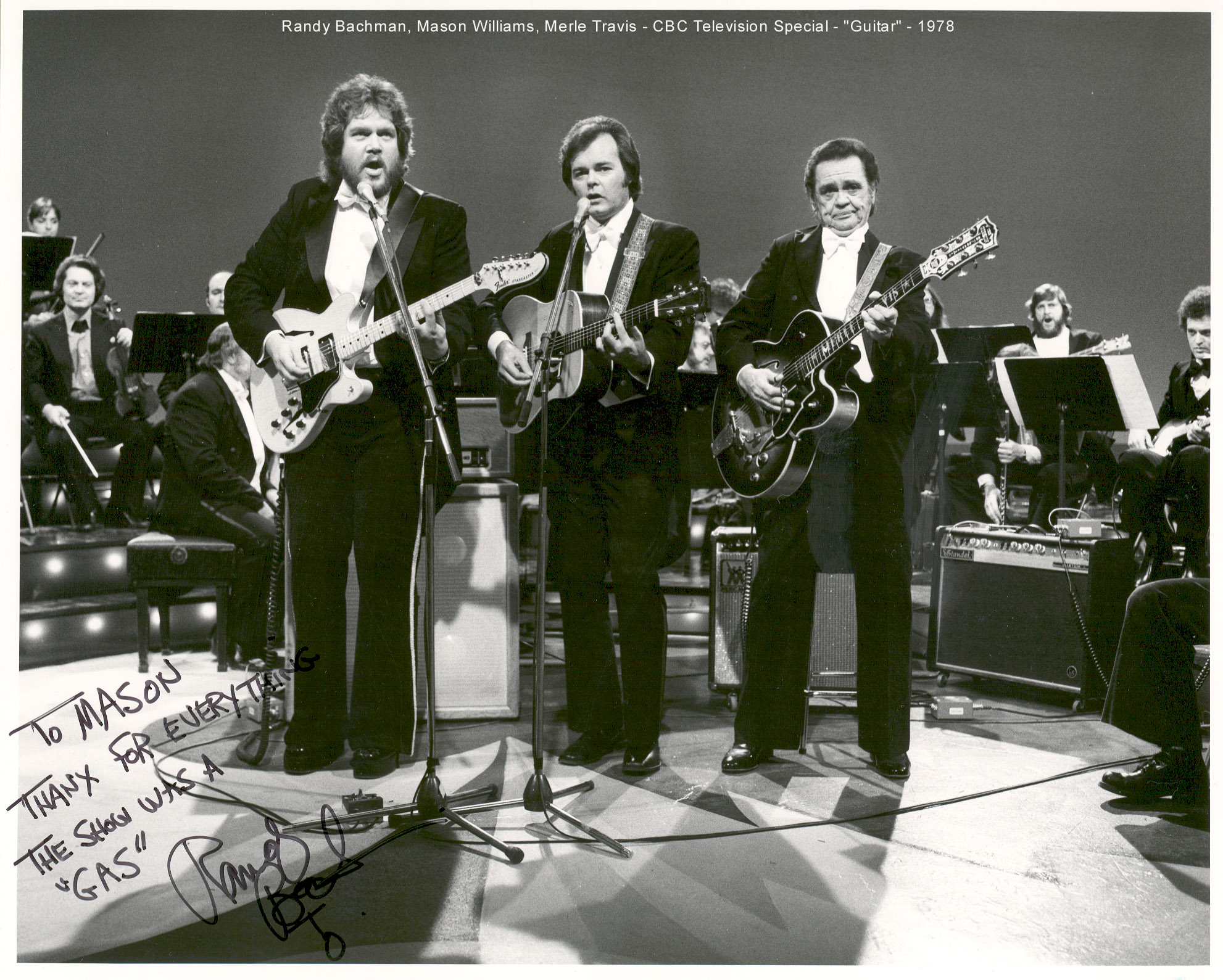


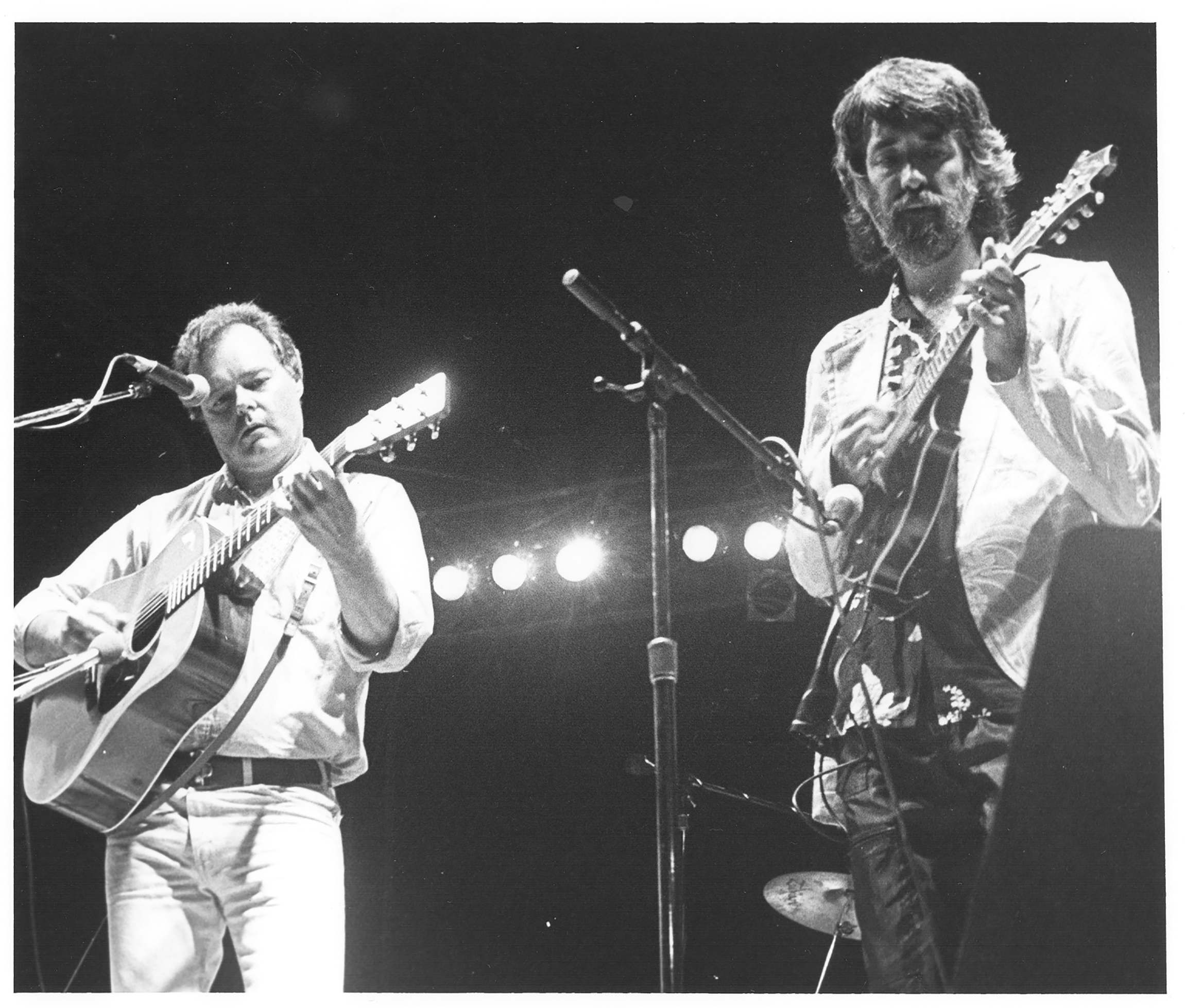
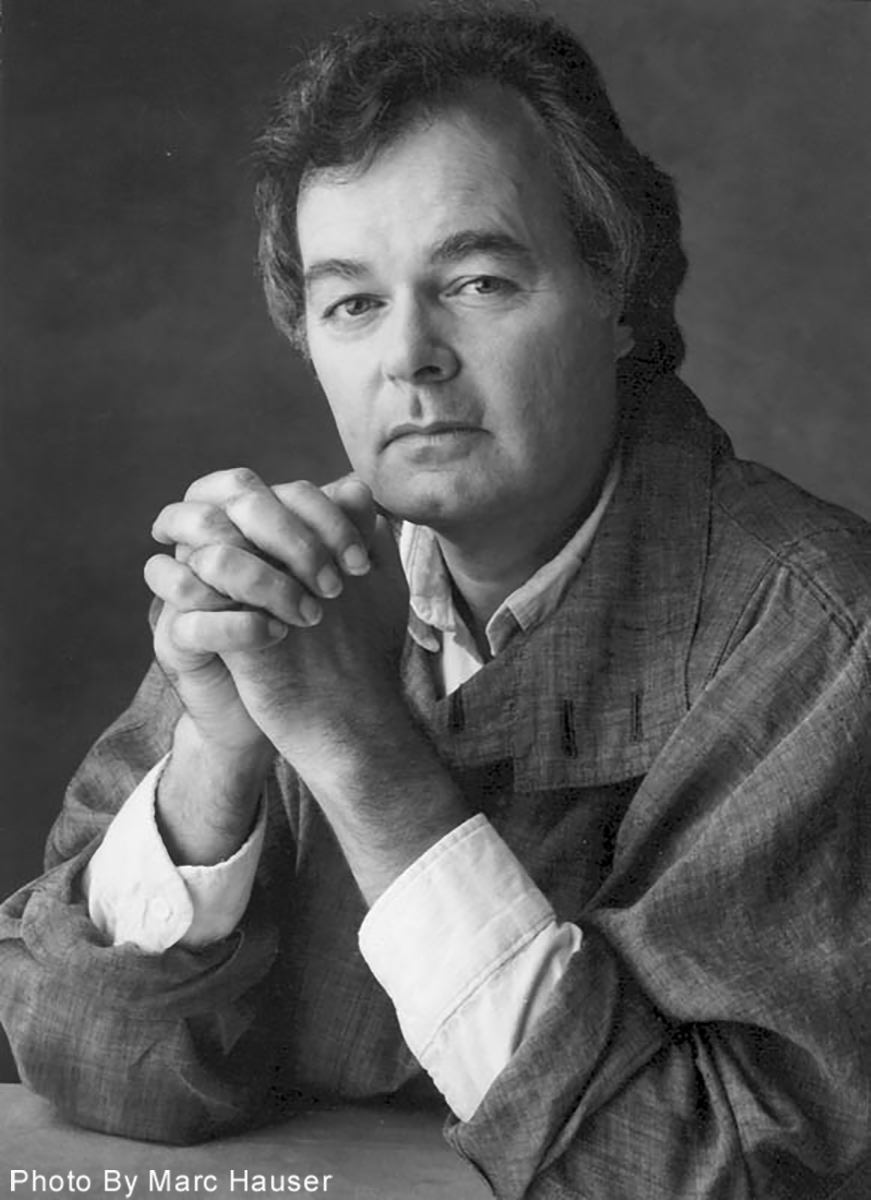





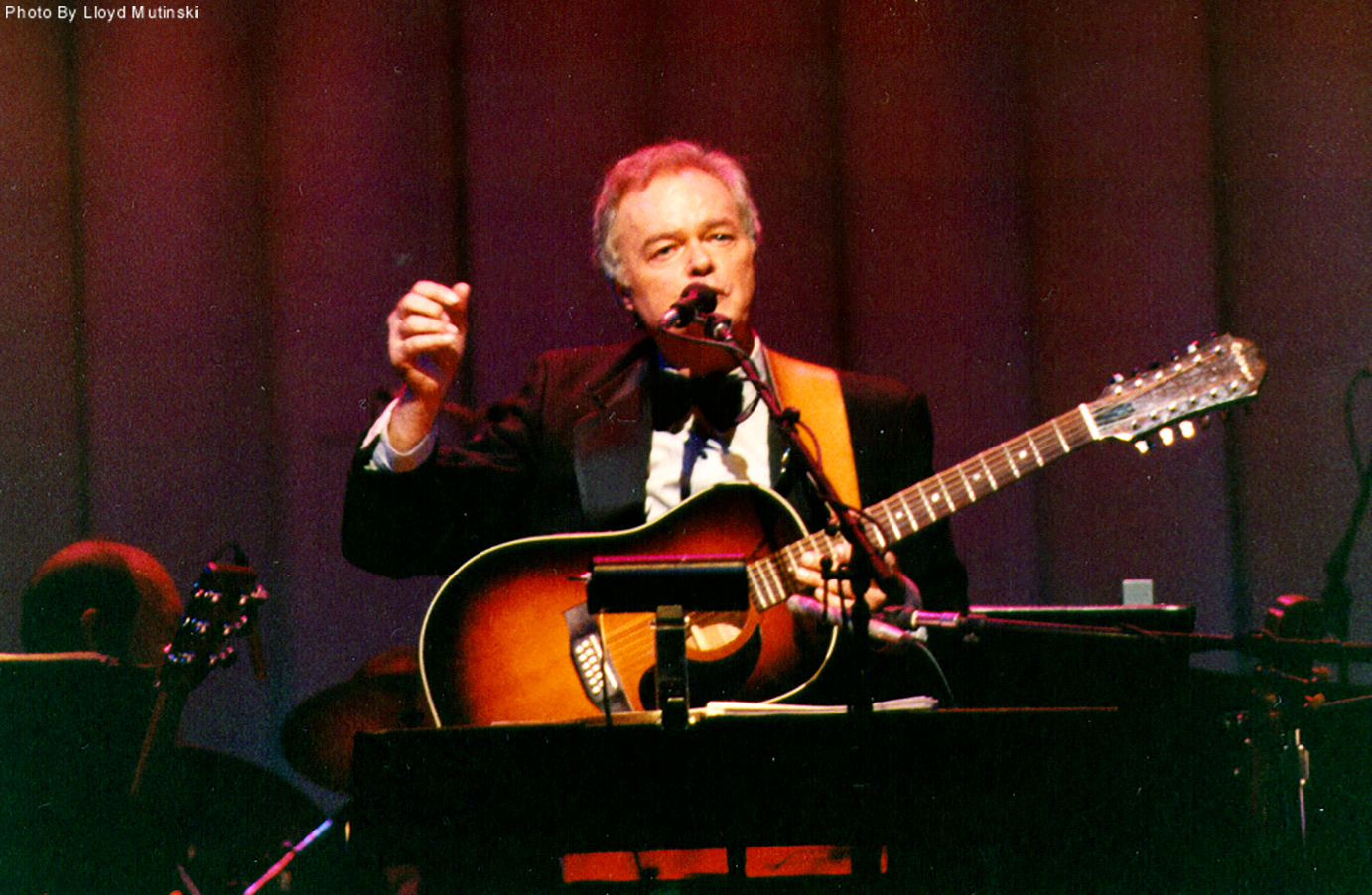

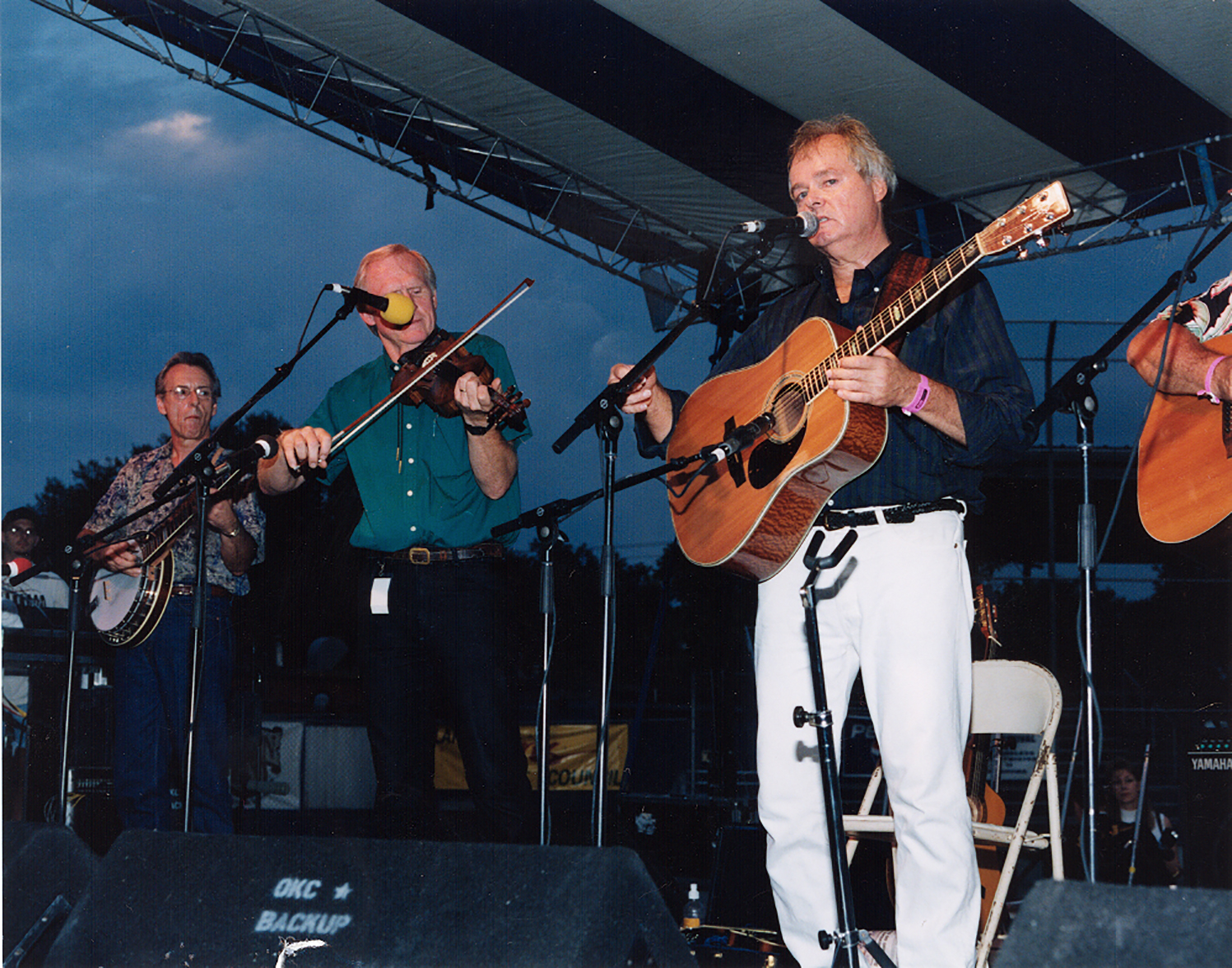

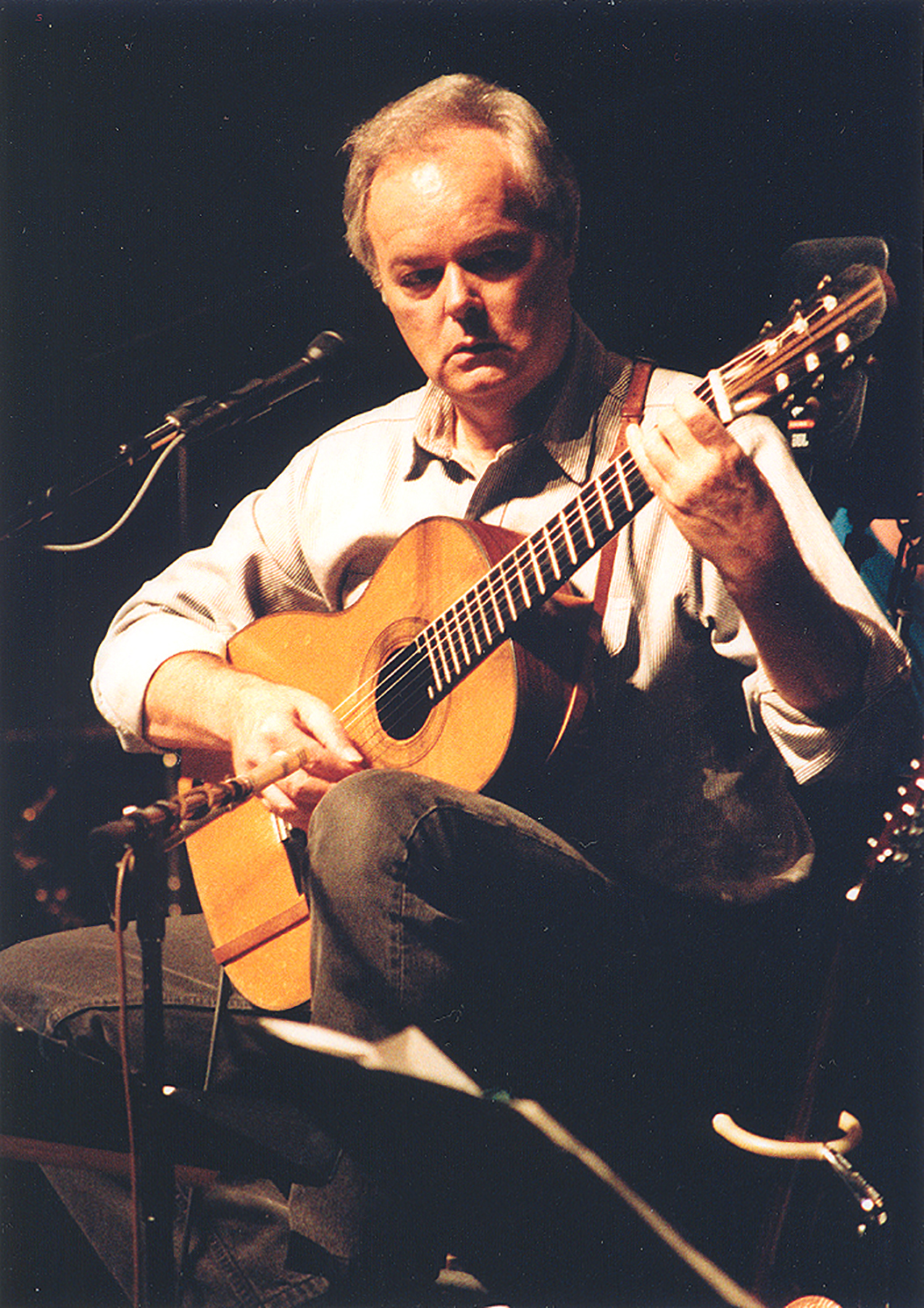




/https://d1pk12b7bb81je.cloudfront.net/images/photos/1448044802-masonwilliamstakenonnovember21969authorkenkragenfriendsmanagement.jpg)
















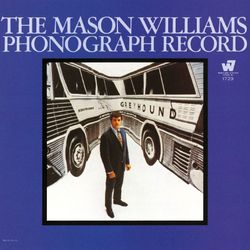
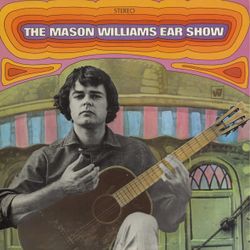
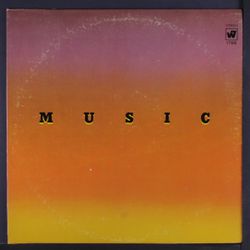
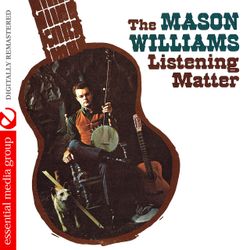

Mason Williams Edition
Mason Williams
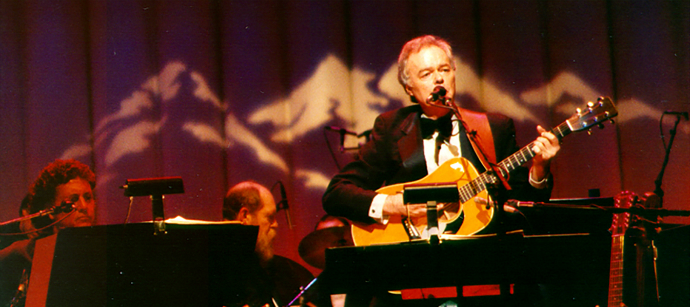
Born: 08-24-1938
Well known for both his musical talents and his contributions to comedy, Grammy and Emmy Award winner Mason Williams has left an undeniable mark on the entertainment world.
"I think of myself as not kind of belonging to anything. What I say is I'm like water: I'm nothing that's potentially everything,” Mason said in a 2007 interview with The Oklahoman. "And so I'm quite chameleonesque in that sense.”
Before churning out instrumental hits like “Classical Gas” or writing humorous sketches for “The Smothers Brothers Comedy Hour” and “Saturday Night Live,” Mason Williams spent his childhood years split between Oregon and Oklahoma. Although he was born in Abilene, Texas in 1938, Williams could be found in Oklahoma classrooms by the time he was 8.
Williams felt drawn to music ever since his early teen years, when pop songs on the radio caught his attention. It was while attending Northwest Classen High School in Oklahoma City that Williams created his first music group and sang in the school choir.
"[I] didn't know anything about it other than I sang along with the radio as a kid constantly. So I had a good voice and a good sense of music, but I didn't know how to read [music] or anything,” Williams said in 2007.
During these formative years, when Williams wasn’t diving into burgers and onion rings at Split-T, he performed with high school classmates. He joined forces with three other musicians to form The Imperials and The Lamplighters, acapella quartets that performed 1950s-style pop and rock & roll.
Williams initially favored a career in math instead, however, treating music as more of a full-time hobby. His first round of college, he spent most of his free time in jazz clubs and concert venues. It was during his eight months in Los Angeles that Williams came to the realization that music was his true love. Once this epiphany struck, he quickly dropped his intention of becoming an insurance actuary and moved back to Oklahoma City.
“A music teacher once told me that you should listen to music that you don’t like. That way, you develop a respect for all of it.”
Williams grew more passionate about music, and even though an early piano teacher doubted his ability, re-enrolled in college as a music major. This time, at Oklahoma City University, Williams signed up for piano, flute and double bass classes. His time here may explain his experimentation across so many genres of music, including folk, pop, classical, bluegrass, country and more.
“A music teacher once told me that you should listen to music that you don’t like,” Williams said in an interview with Northside San Francisco. “That way, you develop a respect for all of it.”
Although Williams failed to finish his studies at OCU, he did manage to mingle with fellow classmates and create a few music groups like The Nighlighters. During this same time period, he bought his first guitar, a Stella. He also jumpstarted The Wayfarers Trio after a chance encounter with Bill Cheatwood, who Williams met at a record store.
In 1958, Williams made his first recording with Cheatwood, an album full of songs about the 1800s Butterfield Overland Mail stagecoach service. This was only the first in a series of albums Williams would create over the next few decades.
In the 1960s, after a short stint at North Texas State Teachers College in Denton, Texas, Williams embedded himself in the Oklahoma coffee house circuit. He, along with other local artists, contributed to the resurgence of folk music in Oklahoma. He performed many a folk song at The Gourd, The Buddhi and The Omega Coffee House in Oklahoma City before migrating up north to Tulsa to play at The Gallery.
“Oklahoma City had its own unique folk music scene, and to be a good folk music performer, one had to be able to entertain the audience with more than just a jukebox list of songs,” Williams said.
It wasn’t until the military called him to active duty that Williams pressed pause on his music career. Yet, even while serving his time on the USS Paul Revere as a Yeoman Third-Class, Williams managed to play some gigs at clubs and coffee houses in San Diego. He even recorded an album with his band at the time, The Hootenaires.
After his military commitment came to an end, Williams once again landed in Oklahoma City in the hopes of finishing his college education. During that semester, a folk club in Colorado invited him and a fellow OCU musician out to play tunes for a week. When car troubles and impromptu visits to old friends in Iowa made him miss class for 20 days instead of the initially planned 10 days, Williams had to drop his college dreams yet again .
In 1964, Williams took his music more seriously and rented an apartment by Lafayette Park in Los Angeles with lifetime friend and fellow Oklahoman Ed Ruscha. It was after this reunion with his 4th grade Hawthorne Elementary School classmate that Williams signed an official music contract. Each month, he delivered two songs to Dave Hubert of Davon Music for a $200 stipend, which led to a whole album full of comedic tracks, released as “Them Poems.”
A man of many talents, Williams also dabbled in comedy performance and stand-up. While he camped out with Ruscha in Los Angeles, Tommy Smothers of the Smothers Brothers Comedy Hour heard about Williams’ sense of humor from his sister, a waitress who kept her eye out for hidden talents performing where she worked.
Tom and Dick Smothers then recorded some of Williams’ comedy songs on their own album, using his standard and 12-string guitar, 5-string banjo, and recorder talents to back up their vocals. Once the album was complete, Williams met the brothers’ managers and continued touring with the duo as a backup musician.
After writing for “The Roger Miller Show” in 1966, Williams became a writer for the Smothers brothers’ TV show. He even won an Emmy Award for Outstanding Writing Achievement in Comedy, Variety & Music for his work on “The Smothers Brothers Comedy Hour” in 1969.
“The creative life is a choice. If something comes up, I respond to it.”
Meanwhile, Williams kept up his music projects, releasing his ever-popular single, “Classical Gas.” This instrumental track could be found all over the airwaves during the summer of 1968, earning him the Best Instrumental Theme and Best Instrumental Performance Grammy Awards that year.
From there, Williams’ success snowballed, opening up plenty of new creative opportunities. He ventured into the world of literature and art, releasing several books and poems, and showcasing works in a few art galleries across the country.
“I can do art, I can do music, I can do writing,” Williams said in 2006. “The creative life is a choice. If something comes up, I respond to it.”
In 1972, Williams finally slowed down, giving up his Hollywood lifestyle in favor of a more peaceful pace in Santa Fe, New Mexico. Since then, Williams has maintained his music, composition, writing and artistic ambitions, performing with symphony orchestras and submitting artwork for exhibitions. The New York Museum of Modern Art even added two of his pieces, “Sunflower” and “Bus,” into their permanent collection. He also returned to write for “The Smothers Brothers Comedy Hour” when it made a comeback in 1988.
Although he never finished his degree at OCU, the college finally honored him for his efforts and proven musical skills in 1996, granting him an honorary Doctor of Music. His best-known hit, “Classical Gas,” continues to maintain its popularity in the contemporary entertainment world, with several TV shows and movies featuring it. Today, he lives in Eugene, Oregon, where he continues to release new albums, including holiday spoofs and creative takes on winter favorites.
“All my life I've been drawing pails of water from the river, and now I am the river,” Williams said . “I'll follow up on whatever comes my way.”









